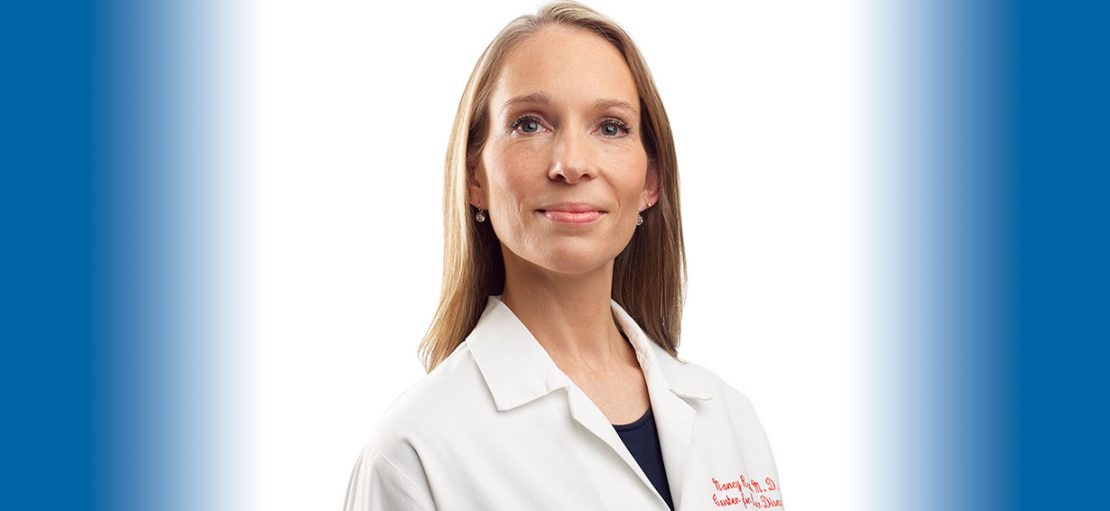By Nancy S. Reau, MD

Dr. Reau is ABIM Board Certified in Gastroenterology and Transplant Hepatology, specializing in viral hepatitis. She is currently Associate Director of Solid Organ Transplantation and Section Chief of Hepatology at Rush University Medical Center. She has served on the Gastroenterology Traditional, 10-Year Maintenance of Certification (MOC) Exam Approval Committee since 2022.
I was due for my gastroenterology assessment when the Longitudinal Knowledge Assessment (LKA®) became available, so I decided to try it. I figured if it didn’t work out, I could always take the traditional, 10-year MOC exam the following year.
I wouldn’t say I “enjoy” test-taking, but the LKA has been significantly less burdensome than preparing for the traditional exam. That used to require months of study—or more accurately, months of intending to study followed by a final burst of cramming. I had to devote a lot of time to reviewing topics outside my usual practice. As a hepatologist, I sometimes feel less current on areas of general gastroenterology, which made prepping for the traditional exam a big effort. And it also required a trip to a test center where I spent the entire day.
With the LKA, the approach is different. You don’t sit down and study every quarter. But I’ve found that most of the questions are close enough to my scope of practice that I don’t need the same level of preparation. It’s a much more practical and manageable way for me to maintain certification.
Occasionally, the questions aren’t directly relevant to my day-to-day work, but there’s often enough overlap that I recognize the topic and can answer the question, even if I’m not 100% confident in my response. Those questions prompt me to review an article or revisit a concept, and I end up learning something useful. The LKA has helped me stay more current in areas at the intersection of gastroenterology and hepatology in a way that the traditional exam never did.
I also decided to enroll in the Internal Medicine LKA, as I had let that certification lapse, and then switched to the inpatient version when that became available in 2024.
I have found the Internal Medicine: Inpatient LKA has also been useful. As internists, even if we subspecialize, we should be equipped to care for the full spectrum of issues our patients face, and the LKA has helped me to brush up on things I don’t necessarily do every day.
I’ve used the “life happens” option a couple of times to skip questions on the Internal Medicine: Inpatient LKA but I don’t stress about it. (You can skip up to 100 over five years for each LKA you’re doing.) I never skip questions for gastroenterology or hepatology—I complete every one of those questions each quarter.
What I appreciate most about the LKA is the convenience. I also value the immediate feedback—it’s helpful to know right away if I got a question right. And I like that I can offer feedback on the questions themselves. As a member of the Approval Committee, I know from personal experience that each piece of feedback is actually being reviewed and considered by my peers. It’s encouraging to know that my responses are contributing to the ongoing refinement of an assessment that’s relevant, fair and aligned with real-world practice.
I’m definitely a better educator and a more knowledgeable doctor because of it.



